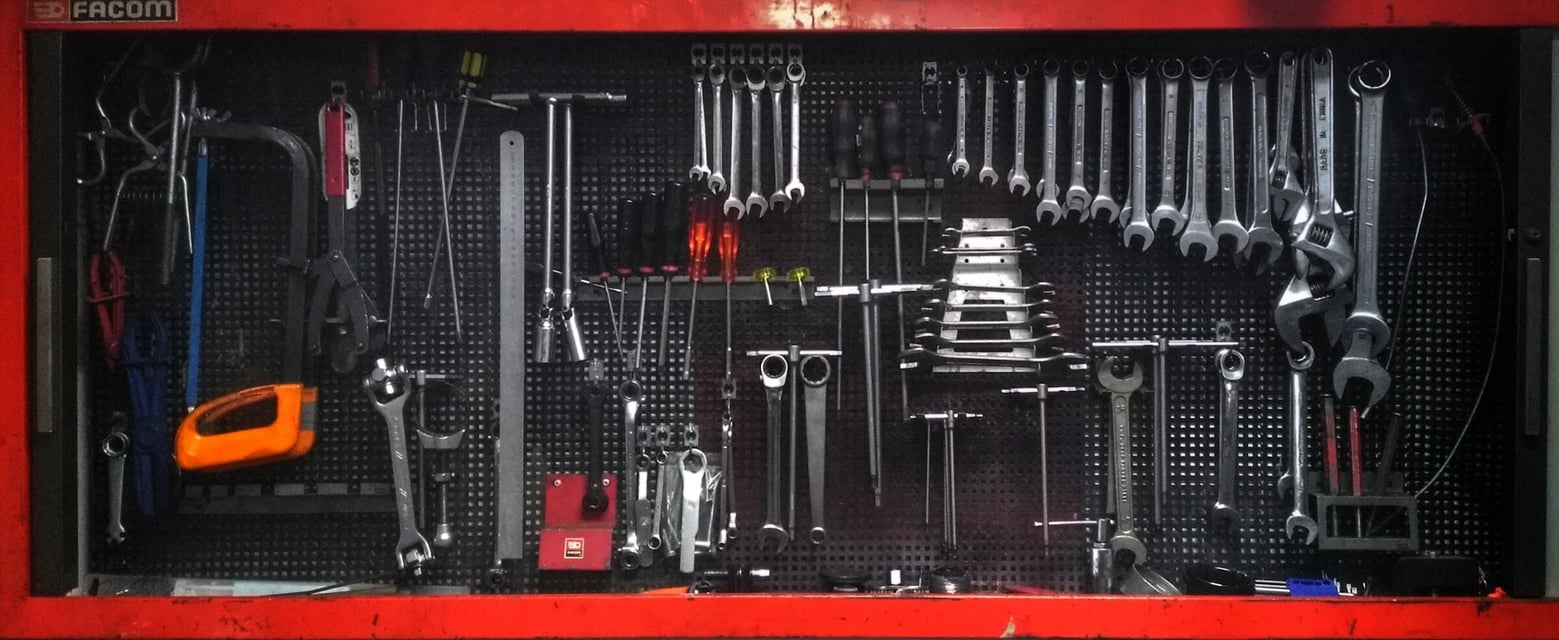
Optimising contracts for better financial services partnerships
Industry Financial Services Geography UK Challenge Our client is one of the largest long-term savings and retirement businesses in the UK....

Procurement alongside AI
Procurement in the financial services sector isn’t just about securing savings or supplier performance anymore. In one of the most highly regulated sectors globally, procurement plays a critical role in protecting the institution’s license to operate, ensuring regulatory alignment, safeguarding data, and building operational resilience. Every sourcing decision has direct implications for a company risk profile, compliance posture, and ability to respond to market shifts. In this environment, the procurement function has become truly client-impacting, directly influencing a financial institution's agility, cost base, and compliance outcomes.
Today, regulators like the FCA, PRA, ECB, and EBA view third-party relationships as an extension of the bank. This means procurement must address not only commercial outcomes, but also demonstrate strong risk management, data governance, AML controls, conduct risk oversight, and ESG integration. Clients expect continuity, trust, and transparency. Procurement must deliver all three, and that cannot be done in silos.
This is why the future of procurement lies in multi-disciplinary teams, working with AI-powered tools to drive smarter, faster, and safer decisions. These teams integrate legal, compliance, IT architecture, risk, commercial and transformation expertise from the outset, ensuring that procurement strategies align with broader business and regulatory objectives.
Reflecting on my own experience, I have in the past led a complex IT procurement project as a solo contributor. While the project was delivered, the strain of navigating regulatory, technical, commercial, and future-state considerations alone was unsustainable. A multi-disciplinary team would have accelerated delivery, reduced rework, and produced a solution better aligned with the client’s long-term strategy. That experience shaped my belief: procurement excellence and optimum results and outcomes have collaboration at their heart.
With AI now in play, the case for cross-functional collaboration becomes even stronger. AI tools can rapidly identify spend anomalies, flag supplier risk, accelerate due diligence, and extract contractual obligations, but they need domain context. Without diverse human insight, AI outputs risk being misunderstood or underused.
Results from Multi-Disciplinary, AI-Enabled Procurement
Tangible cost savings: Evidence in the market-place and from my experience shows AI-powered spend analytics, interpreted by category managers and commercial leads, often uncovers between 5–20% savings opportunities across categories such as IT, professional services, and outsourcing. Teams can consolidate vendors, renegotiate contracts, and eliminate duplication more effectively than individuals alone.
Faster time to market: With legal, risk, and IT engaged from day one, procurement cycles can be shortened by as much as 20–40%, accelerating the deployment of new platforms and services that directly impact clients.
Reduced regulatory risk: Cross-functional input ensures compliance is baked in early. For example, when onboarding a new outsourcing provider, embedding anti money laundering (AML) and data protection specialists in the process helps avoid downstream remediation costs, reputational damage, or delays.
Strategic alignment and future-proofing: Multi-disciplinary teams are better equipped to balance immediate needs with future-state architecture, environment, social and governance (ESG) goals, and evolving regulatory expectations. This ensures procurement isn't just reactive, but helps set a forward-looking strategy.
Enhanced by Team-Based AI
Why this matters to our clients
Clients expect uninterrupted service, secure data, and resilient operations. Failures in supplier oversight or delays in onboarding directly impact client trust and satisfaction. Multi-disciplinary, AI-enabled procurement helps prevent those failures. It ensures financial institutions are not only compliant, but also cost-efficient, innovative, and responsive to changing market and client needs.
Conclusion: The future is collaborative, intelligent procurement
The most successful procurement functions across a wide set of industry sectors, including financial services will operate as collaborative intelligence hubs. By blending human expertise and AI capability, they will:
This isn’t a theoretical ideal, it’s a practical model already being adopted by leading institutions. And for those advising or supporting their clients, it’s the blueprint for delivering client impact, measurable savings, and sustainable transformation.
“Multi-disciplinary teams + AI = procurement that protects, enables, and transforms”

Optimising contracts for better financial services partnerships
Industry Financial Services Geography UK Challenge Our client is one of the largest long-term savings and retirement businesses in the UK....

Transforming a banking client's mortgage platform: a case study
Industry Financial Services Geography UK Challenge Following acquisitions and divestments the bank was operating five separate legacy...

Independent benchmarking helps extend client contracts competitively
Industry Financial Services Geography UK & EU Challenge Our client has a complex inhouse datacentre solution with a market leading...